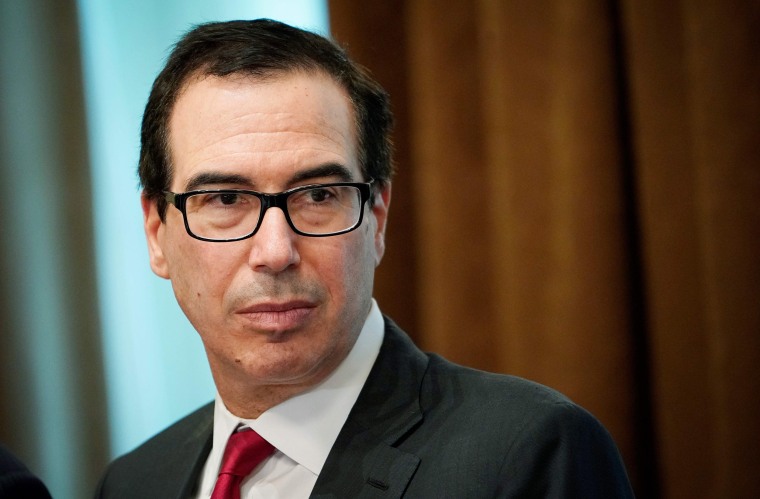The White House announced Friday it is reimposing economic and trade sanctions on Iran, starting at midnight on Sunday. The move is intended to change the country's politics through economic pressure on its ability to sell oil. But the impact is likely to be small on world markets, and even possibly reduced, for now, on Iran itself.
When President Donald Trump announced in May that the U.S. would pull out from the multi-party Iran nuclear deal and resume sanctions, global oil markets reacted quickly. Prices topped $85 a barrel, a four-year high. But the rally faded as markets digested the news and planned for the immediate future.
Following Friday’s announcement by Secretary of State Mike Pompeo and Treasury Secretary Steven Mnuchin, crude oil prices on Friday were actually down, not up. Brent crude oil was at around $72 a barrel and U.S. light crude was at just over $68, both down by around 18 percent since early October.
The reason is that Iranian production is a "tertiary" factor at best right now, according to Chirag Rathi, a consulting director with market research firm Frost & Sullivan.
The biggest issue affecting oil prices is the tension between the U.S. and China, which is causing a "global trade war," said Rathi. When economic activity slows, there is less demand for oil, reducing price pressures — and the U.S. and China are the world's two largest oil consumers.
The second major factor is domestic oil production, which has continued to climb, according to U.S. Energy Information Administration figures. Also, U.S. stocks of crude oil have been climbing. The additional supply strengthens the effect of lowered demand on prices.
For now, possible little effect on Iran
Although the intent of the sanctions is to hurt Iran economically, two factors may undermine the intent, at least in the short run. One is the list of eight countries that are reported to be on the exemptions list the administration has acknowledged.
Countries such as China, India, South Korea, and Japan have all sought waivers and are rumored to have received them, with promises to limit imports. So, for now, exemptions have "downgraded the effect of the sanctions," Rathi said.
The executive order of Aug. 6, 2018 that reimposed sanctions contained an exemption for natural gas, "only if the financial transaction is solely for trade between the country with primary jurisdiction over the foreign financial institution and Iran, and any funds owed to Iran as a result of such trade are credited to an account located in the country with primary jurisdiction over the foreign financial institution."
President Barack Obama’s 2013 executive order had identical language.
Iran produces much more natural gas than oil, noted Eric Anderson, a political scientist and former senior intelligence analyst for the CIA. "There's a larger market for natural gas than straight raw oil product," Anderson told NBC News. "The reason is natural gas is readily convertible into energy production of electricity."
It may be that the exception is a way to undercut Russian influence in Europe, as the country is also a significant exporter. But the results could help insulate Iran from some of the effects of the sanctions.
